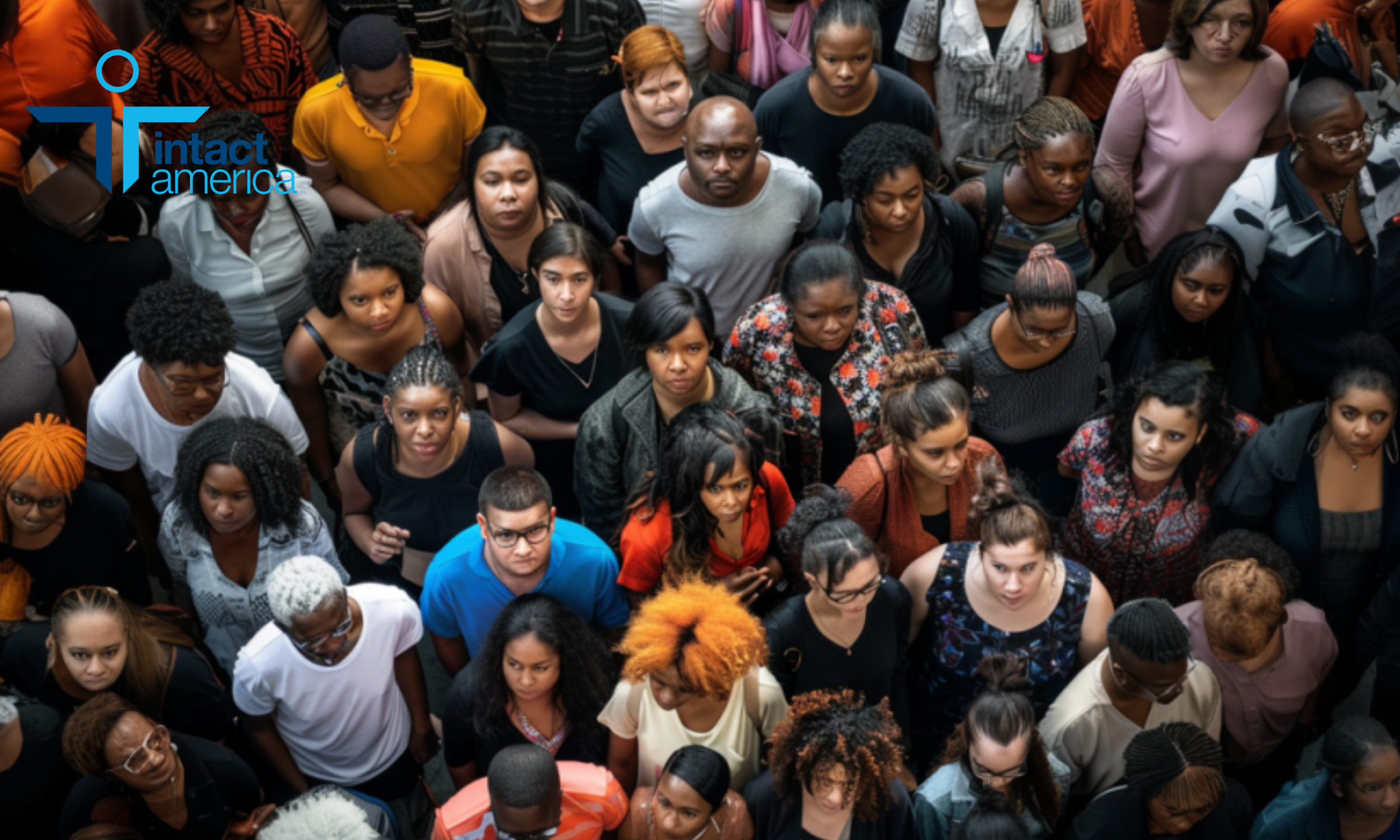
In a world where personal freedoms and medical ethics often collide, movements like intactivism (the advocacy of a right to genital integrity, i.e., the right of a person to not be subjected to involuntary, nontherapeutic modification of their genitals) have proven to be desperately needed.
I am proud to be involved in this movement with Intact America, where we champion bodily autonomy and the right to an unaltered body.
Armed with a wealth of scientific research and supported by a strong network of medical, legal, and ethical experts, Intact America presents a clear case for the benefits of staying intact and the potential risks associated with circumcision.
I’ve written this article to educate and empower you with practical ways to support intactivism and amplify the impact of this vital cause.
Whether you’re just starting to explore this topic or you’re ready to deepen your involvement, I’ll show you how you can help safeguard bodily rights and promote ethical medical practices.
Ways to Support Intactivism
1. Educate Yourself and Others about Intactivism
The journey toward becoming a champion of intactivism begins with a foundational step: education. Delve into the complex medical, ethical, and social implications surrounding circumcision. Intact America offers a wealth of resources that provide deep insights into the history of circumcision, its debated medical benefits, and its profound effects on individual rights. Harness this knowledge to become a credible voice in the movement. Share what you’ve learned in casual conversations, leverage social media platforms, and organize community talks to widen the circle of awareness. By educating others, you’re empowering individuals to make well-informed decisions and nurturing a culture that prioritizes bodily autonomy. Check out our articles on:- Intact penis care
- Things you need to know about the intact penis
- Ways circumcision traumas and injuries go underreported
- The risks of male circumcision
- Disadvantages of circumcision and horrifying facts
- The economics of circumcision
- Eye-opening stats about the dangers of circumcision








No Comments